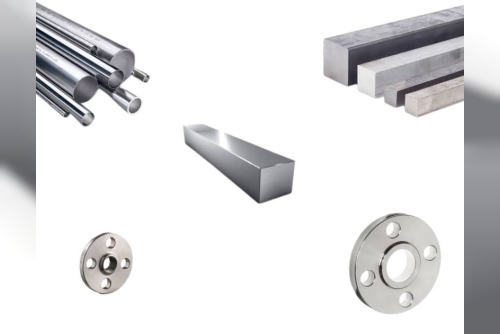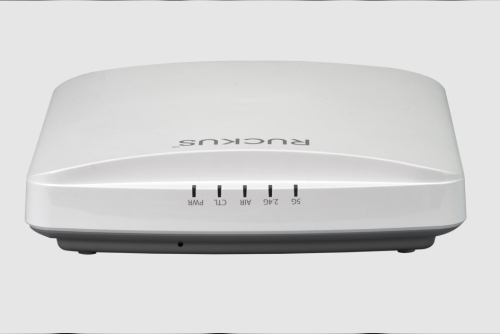Your skin plays a vital role in protecting your body from external elements. However, various factors can lead to facial peeling, which can be both uncomfortable and concerning. Understanding the causes can help in finding effective treatments like chemical peel treatment in Islamabad to restore your skin's health.
Common Causes of Facial Peeling 1. Sunburn DamageExcessive sun exposure can damage the skin’s outer layer, leading to peeling as the body tries to heal itself. This is a natural process of shedding damaged cells to make way for new, healthier ones.
2. Dry and Dehydrated SkinLack of moisture can result in flaky, peeling skin. Cold weather, indoor heating, and harsh skincare products can strip the skin of its natural oils, making it prone to peeling.
3. Skin ConditionsCertain dermatological conditions can cause persistent facial peeling. Some of the most common ones include:
Eczema: A chronic skin condition characterized by dry, inflamed skin.
Psoriasis: An autoimmune disorder that leads to red, scaly patches.
Seborrheic Dermatitis: A condition that causes flaky skin, particularly around the nose, eyebrows, and hairline.
4. Allergic ReactionsUsing skincare products that contain harsh chemicals or allergens can cause irritation, leading to redness, itching, and peeling. Patch-testing new products before application can help prevent such reactions.
5. Over-ExfoliationWhile exfoliating helps remove dead skin cells, excessive scrubbing or using strong exfoliants can damage the skin’s barrier, leading to excessive peeling and irritation.
6. Side Effects of MedicationsCertain medications, including retinoids, acne treatments, and chemotherapy drugs, can cause dryness and peeling as a side effect. If you notice persistent peeling after starting a new medication, consult your doctor.
7. Chemical Peels and Aesthetic TreatmentsFacial treatments like chemical peels or laser therapies can cause temporary peeling as part of the skin renewal process. This is a controlled peeling, and once healed, the skin appears smoother and more rejuvenated.
How to Prevent and Treat Facial Peeling 1. Stay HydratedDrinking plenty of water and using a hydrating moisturizer can help keep your skin soft and supple, reducing the chances of peeling.
2. Use Gentle Skincare ProductsOpt for mild, fragrance-free cleansers and moisturizers that nourish your skin without causing irritation.
3. Apply Sunscreen DailyProtecting your skin from harmful UV rays can prevent sunburn-induced peeling. Use a broad-spectrum sunscreen with at least SPF 30.
4. Avoid Harsh ExfoliationLimit exfoliation to once or twice a week and choose gentle exfoliants like lactic acid or enzyme-based scrubs.
5. Seek Professional TreatmentsIf you experience persistent or severe peeling, consulting a dermatologist can help identify the root cause and recommend suitable treatments.
For advanced skin concerns, professional treatments like chemical peel treatment in Islamabad can effectively address peeling and rejuvenate the skin.
When to See a DoctorIf your facial peeling is accompanied by severe redness, swelling, pain, or blisters, it could indicate a more serious condition that requires medical attention. A dermatologist can provide a tailored treatment plan based on your skin’s needs.
Maintaining healthy skin involves a combination of proper skincare, hydration, and professional treatments when necessary. If you are looking for expert skincare solutions, you can visit Royal Cosmetic Surgery Clinic PK for specialized care and treatments tailored to your skin concerns.












